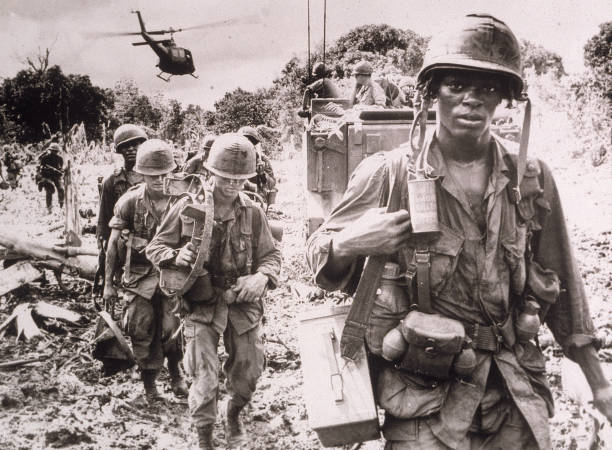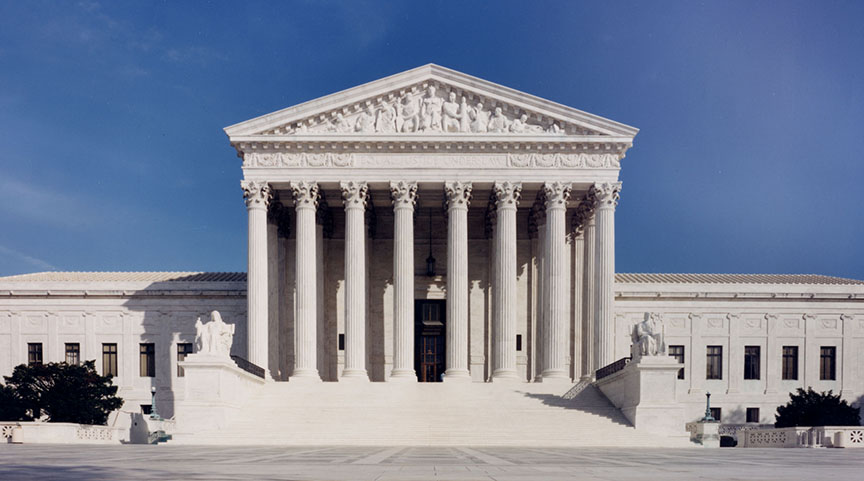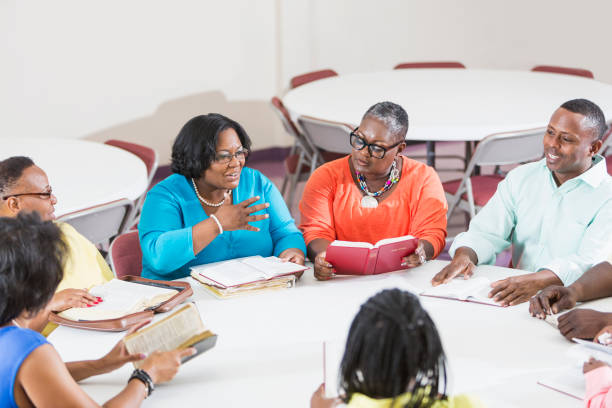(ThyBlackMan.com) It’s about more than Big Bird and Elmo. Public broadcasting is our best hope for telling our own stories…
Throughout the proposed budget now before Congress are a host of cuts that could be critical to the well-being of black America. From health care and Social Security to federal food programs, everything seems to be on the table. Given the weight of those issues, it’s tough to make an argument that funding of the Corporation for Public Broadcasting should also be on your list of concerns, but let me try.
To clarify, CPB is the organization through which funds supporting public media are funneled. They are then redistributed to a host of outlets — including PBS, NPR, individual stations and “minority consortia” — that then  fund individual projects and producers. Because of this complicated structure, zeroing out on CPB funding will have a chilling domino effect throughout the public-media community overall, not just at CPB.
fund individual projects and producers. Because of this complicated structure, zeroing out on CPB funding will have a chilling domino effect throughout the public-media community overall, not just at CPB.
As usual, the hardest-hit victims won’t be PBS or NPR; they’ll be the people on the ground — minority and independent filmmakers and digital storytellers for whom public grants are often their sole source of funding. We can’t allow this to happen.
The truth is that quietly (too quietly), public media could be black America’s most promising frontier for distribution of serious, noncommercial content — the kind we say we want but never seem to get.
For example, the National Black Programming Consortium (and its partner organizations serving the Latino, Native American, Pacific Islander and Asian communities) has provided critical funding for important and innovative documentary producers such as the groups behind Eyes on the Prize and Africans in America. Those organizations have also taken the lead in bringing digital literacy and training to underserved communities.
These are the programs you know, but in fact, PBS is sitting on a treasure trove of content — program archives, full-length and mini documentaries, digital projects and series pilots — by and about the minority community, and much more is in the works. However, because of limited programming space, rights issues or lack of sponsorship, much of it has never seen the light of day.
But at this moment, with funding from CPB, PBS stations are opening up alternative digital channels that are starved for quality content that appeals to the changing face of America. Leading stations, like Boston’s WGBH, are planning launches of experimental channels across many platforms that will offer broad opportunities for blacks and other minorities to share their work on a global scale.
Sure, you can launch your own video app or webisodes and fight for attention in that crowd. But this is public space, with immense reach into existing households and cutting-edge technology, owned and paid for by American taxpayers, and presumably ours to use.
It’s a potential power that, if harnessed, can do wonders for educating and informing black and other minority communities and for telling stories that never get told. If the funding goes, however, so does that potential.
But as the debate goes before Congress, are PBS and NPR making this argument? Unfortunately, public media continue to be their own enemy in this regard. In four separate statements, the heads of PBS, NPR, CPB and the Association of Public Television Stations trot out the predictable lines: “Save Sesame Street. Save our jobs.”
Not one mentions the importance of the public-media space to empower diverse audiences. Big Bird and Elmo are the symbols of what should be saved in public television, when there should be a vast coalition of American communities standing as the face of what public media can and should be.
That’s because, outside of government funding, public media’s bread is buttered in large part by corporate sponsorships, foundation grants and “donors just like you.” Except that the bulk of its private donors — and especially its major donors — are not like you at all.
They are wealthy, white and rapidly aging. That’s why, even as cable networks reach wide audiences doing more-entertaining versions of shows that PBS was known for in the 1970s, PBS continues to order up British period dramas targeted to people who will put the local public TV station in their wills.
Absent a miraculous and large-scale infusion of minority donors, this dynamic is unlikely to change. Until then, government funding remains the only serious leverage we have in making sure PBS, NPR and CPB put a wider definition of “public” in public media.
Either way, the sheer potential of public media to help shape our future makes this a fight worth fighting. But after we battle to save public media, we should help fund them and then begin a new battle to change them.
Written By Eric Easter
Official website; http://twitter.com/ericeaster
















Leave a Reply